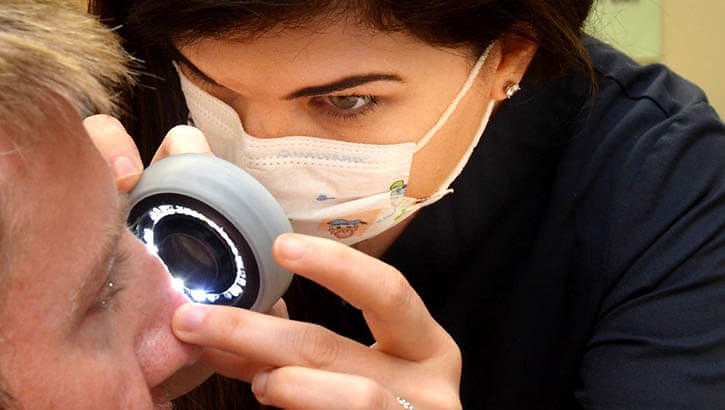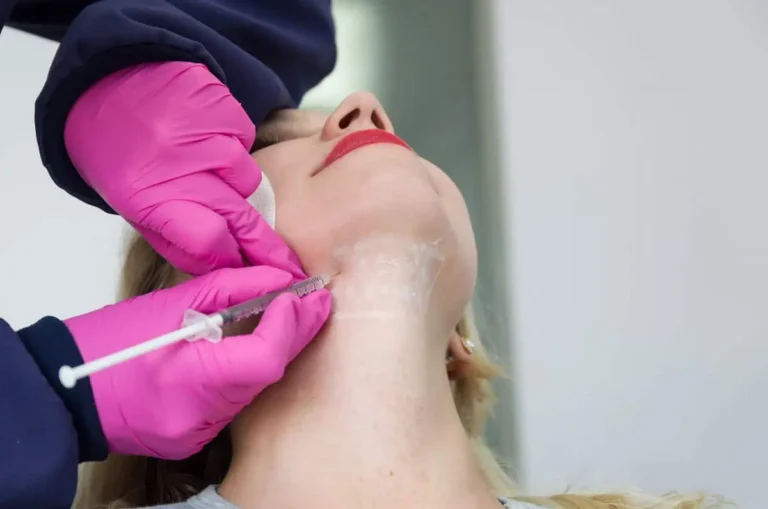How Dermatology Helps in the Early Stages of Skin Cancer

When it comes to skin cancer, early detection can make all the difference between a simple treatment and a serious health battle. This is where dermatology plays a life-saving role. Dermatologists are trained to spot subtle changes in your skin that you might easily overlook, which could be early warning signs of cancer. Let’s explore how dermatology helps in the early stages of skin cancer .
Recognizing Skin Cancer
Early-stage skin cancer often presents subtle changes that require professional evaluation. Dermatology specialists are trained to identify suspicious lesions that may indicate the development of cancer. Common warning signs include the appearance of new growths, changes in existing moles, and the development of unusual skin patches.
Basal cell carcinoma often appears as a small, pink bump on sun-exposed areas like the face, chest, and arms. This slow-growing cancer may also present as a pearly or waxy bump or a flat, flesh-colored lesion. Squamous cell carcinoma often manifests as a scaly sore or rough patch, particularly on the face, ears, neck, or back.
Melanoma, the most dangerous form of skin cancer, frequently develops from existing moles or appears as new, irregular growths. The ABCDE rule helps identify potential melanoma: Asymmetry, Border irregularity, Color variation, Diameter larger than a pencil eraser, and Evolving characteristics.
Exploring Dermatology’s Role
Dermatology provides specialized expertise in identifying and treating skin cancer through various diagnostic and therapeutic approaches. Board-certified dermatologists possess the training necessary to distinguish between benign and malignant lesions that may appear similar to untrained observers. Professional skin examinations involve a comprehensive visual inspection of the entire body surface. Dermatologists use specialized tools such as dermatoscopes, which provide magnified views of skin lesions and reveal patterns not visible to the naked eye. These instruments help identify subtle changes in pigmentation, texture, and structure that may indicate the development of cancer.
When suspicious lesions are identified, dermatologists perform biopsies to obtain tissue samples for laboratory analysis. This process involves removing a small portion of the affected tissue for microscopic examination by pathologists. Biopsy results provide a definitive diagnosis and help determine the specific type and stage of skin cancer. Treatment options vary based on the type, location, and stage of skin cancer. Dermatologists may recommend surgical excision, Mohs surgery, or other procedures. Each treatment approach targets specific characteristics of the cancer while preserving healthy surrounding tissue.
Emphasizing Regular Skin Exams
Regular dermatological examinations are the primary method for detecting skin cancer early. Professional skin screenings should occur annually for most adults, though individuals with higher risk factors may require more frequent evaluations. During these examinations, dermatologists systematically inspect all skin surfaces, including areas not typically exposed to sunlight. They document existing moles and lesions, creating a baseline for future comparisons.
High-risk individuals benefit from more frequent monitoring. These include people with fair skin, light-colored eyes, blonde or red hair, numerous moles, a family history of skin cancer, or previous skin cancer diagnoses. Also, those with a significant sun exposure history or a history of using tanning beds require closer surveillance. Photography documentation during examinations helps track changes in moles and lesions over time.
Book Your Dermatology Appointment Today
Professional dermatological care provides an effective approach to early skin cancer detection and treatment. Regular skin examinations by qualified dermatologists significantly improve outcomes for patients with skin cancer by enabling prompt diagnosis and intervention. Schedule your skin cancer screening appointment with a board-certified dermatologist for professional attention and expert dermatology services.
- What to Expect When Visiting a Foot and Ankle Specialist
- Causes of PTSD
- The Link Between Plantar Fasciitis and Weight Gain: What You Need to Know
- How Pet Ownership Can Positively Impact Life with Fibromyalgia
- The Importance of Stretching and Flexibility in Sports Medicine
Dr. Emma Green is a health and wellness expert with over 10 years of experience in nutrition and fitness. Passionate about helping others live their healthiest lives, Dr. Green shares practical advice on wellness, nutrition, and sustainable living through LivingSpristine.






